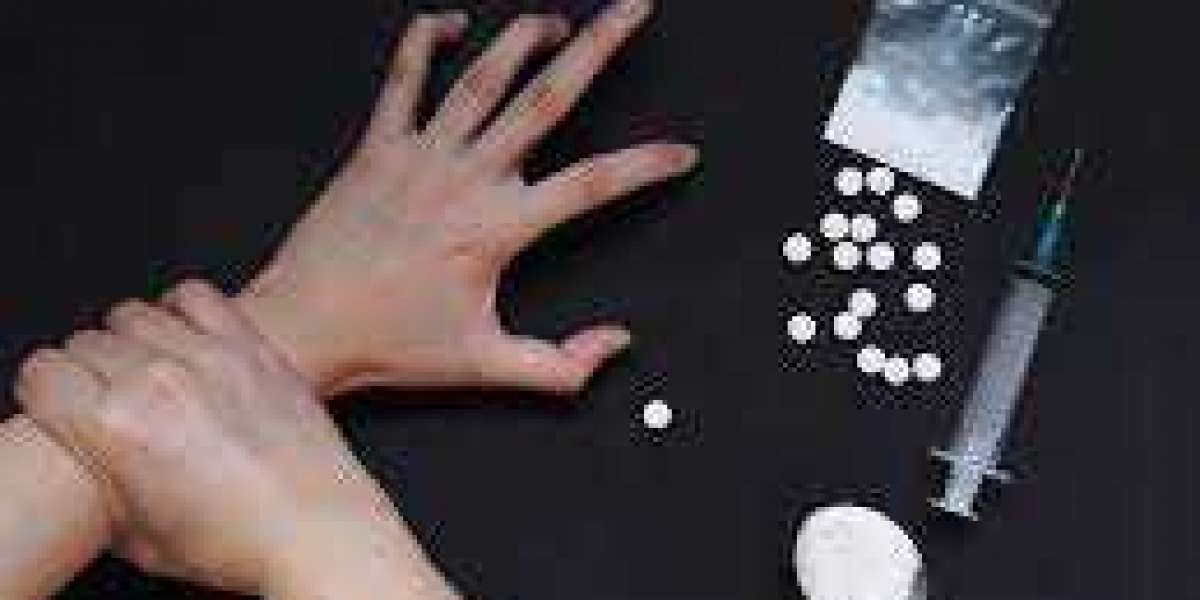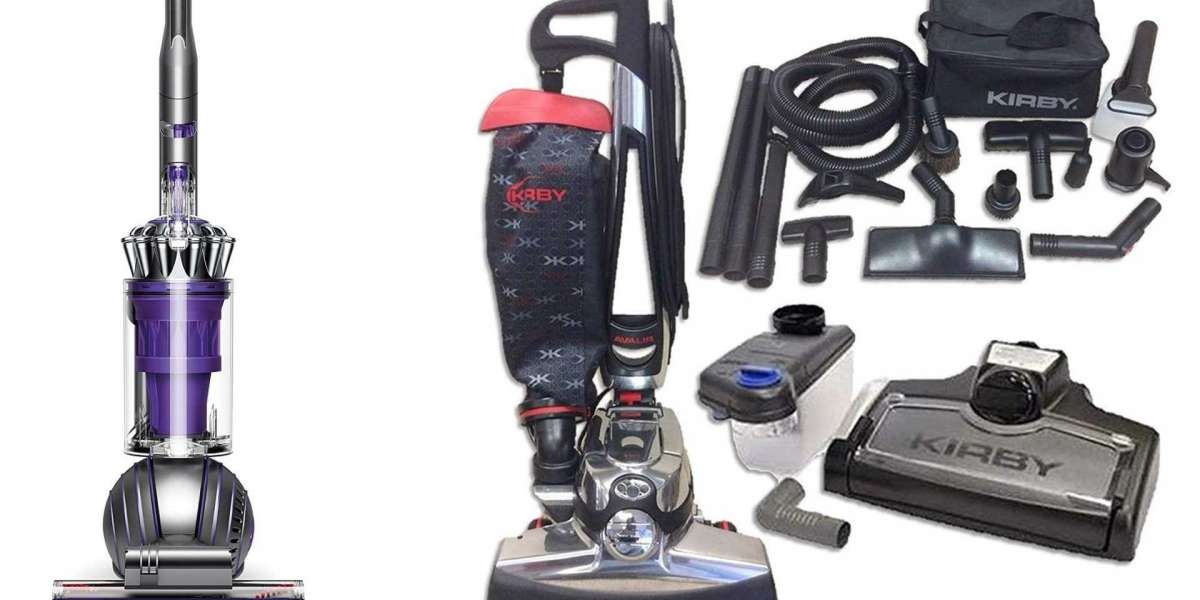When we talk about drug rehab, what comes into your mind? Medical detox, long-term residential treatment, a needle exchange program or pain relief? These are all excellent options for you. Which one should you choose? Let us look at each one to get a better understanding of the benefits of each one. If you are struggling with substance abuse, a drug rehab may be exactly what you need to get back on your feet.
Long-term residential treatment
The length of time that a person spends in long-term residential drug rehab will vary, but most programs last between 30 and 90 days. After the program, the patient will usually be required to continue recovery in 12-step groups and therapy for years. Although most inpatient programs are less than a year long, the National Institute on Drug Abuse recommends that treatment last at least 12 weeks. Regardless of the length of time, long-term rehabs are generally considered to be more effective.
Those who are struggling with a severe addiction or a relapse are especially benefitted by long-term residential drug rehab programs. Although they have undergone many treatment programs in the past, long-term care has proven to be more effective in curing addiction. Many people in treatment are likely to experience relapse, and studies show that 40 to 60 percent of individuals will relapse at some point. The key to long-term recovery is overcoming the underlying issues that led to the addiction in the first place. A patient must learn to live without drugs in order to become free of the habit permanently.
Clean needle exchange program
When talking about drug rehab, a clean needle exchange program is probably the first thing that comes to mind. This program has grown quickly in the U.S. in the last few years, with varying strategies and pathways. Most of them, however, offer the same basic services: offering clean syringes to drug users. They also provide other services like education, referrals to addiction treatment centers, and onsite HIV testing.
Despite the potential benefits, many users are afraid to go to these programs because of fear of law enforcement. Moreover, fear of arrest keeps many addicts from calling 911 when they witness an overdose. Because of this, many addicts become dealers in the illegal market to sustain their habit. However, these efforts have not reduced overdose deaths and have in fact increased them. This makes needle exchange programs an extremely important part of drug rehabilitation.
Medical detox
When talking about drug rehab, medical detox usually comes to mind. Medical detox can help improve the chances of recovery by addressing underlying medical issues. According to statistics, 53% of substance abusers have severe mental health problems. Before entering inpatient or outpatient drug rehab, medical detox can help patients build a customized treatment plan. Inpatient rehabilitation is often more effective if the detox is completed prior to entering the program.
Withdrawal symptoms from drugs are often unpleasant, life-threatening, and oftentimes even fatal. Whether it's from drugs, alcohol, or both, detoxification can be a life-changing experience. To avoid these unpleasant side effects and improve one's chances of recovery, detoxifying from substances is best performed at a medical detox facility under medical supervision. The intensity of withdrawal symptoms will vary from person to person, but it is essential for each individual's safety and wellbeing.
Pain relief
What quest comes to mind when we talk about drug rehab for pain relief? For some, the answer is the same: a new painkiller. For others, it's hope. In Morris' case, he was searching for relief after surgery six months earlier. He suffered from a relentless pain in his left shoulder. He visited seven doctors and obtained countless prescriptions. Eventually, he ended up in the emergency room after suffering a complex regional pain syndrome (CRPS).





